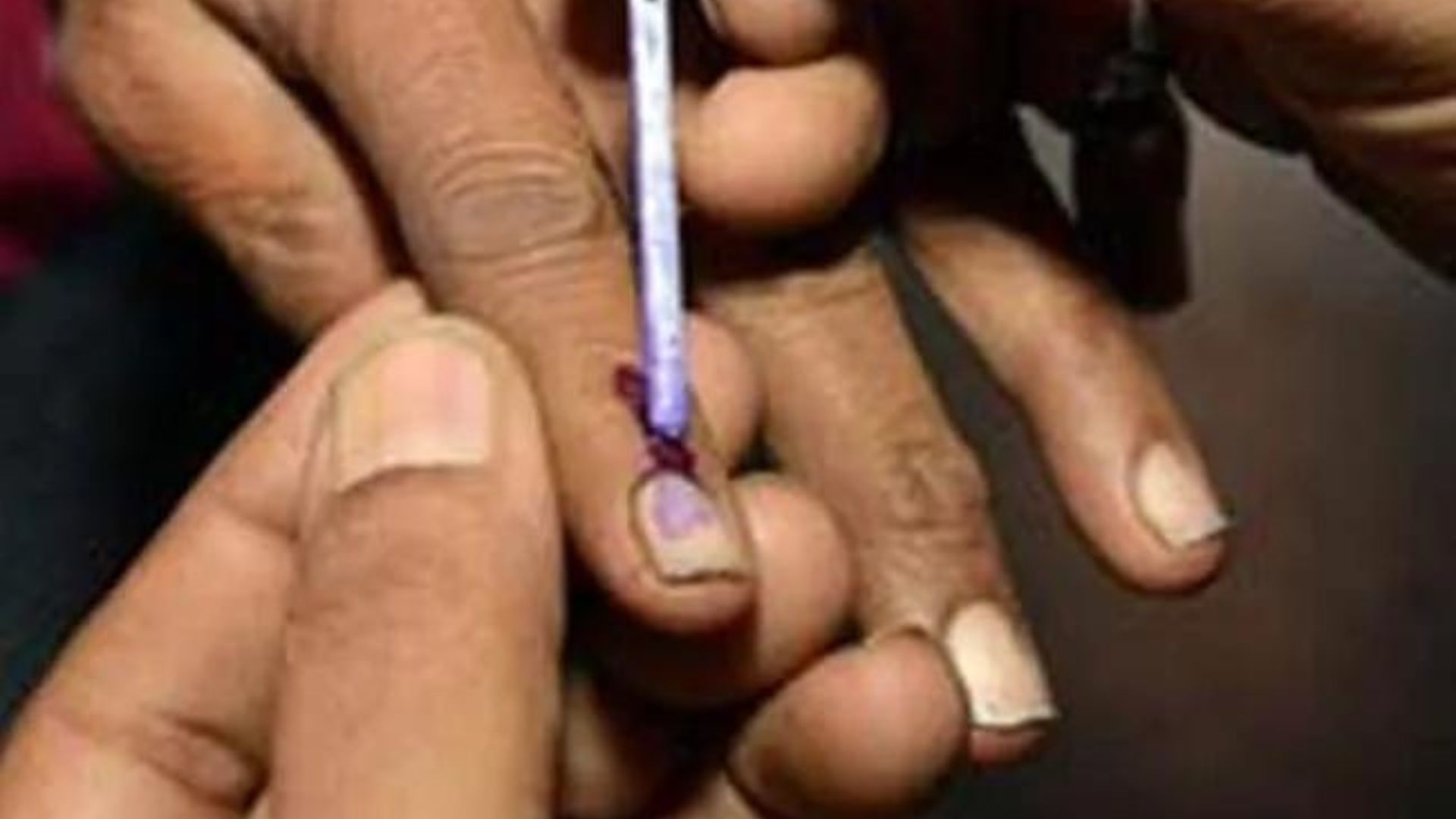


In less than 48 hours of this piece being written, the general elections to the 18th Lok Sabha will start, with the first votes being cast on 19 April, Friday. The 7-phase election will see 97 crore voters exercising their franchise—the largest such in the world. The meticulous manner in which the Election Commission of India (ECI) goes about holding any election, is exemplary and can be emulated even by western democracies like the United States. In 2020, the US presidential election was so chaotic that it left around 50% of American voters feeling disenfranchised. All Trump supporters, they were convinced that the election was stolen by the Democrats. India cannot afford to have its people go down such a divisive and perilous path. But such is the negativity in Indian politics nowadays that some political parties, to cover up for their own shortcomings, would have voters lose faith in India’s democratic underpinnings. We are talking about the EVM tampering charge that is being hurled by some political parties and activists, rather irresponsibly. The plan seems to be to create a narrative to discredit the elections, in case the ruling alliance returns with a thumping majority. What else explains Priyanka Gandhi Vadra saying on Wednesday, that “If there is no tampering with EVMs, BJP will not go beyond 180 seats”? She could have just said that the BJP would not cross 180 seats because people wouldn’t vote for them. But why cast aspersions on the electoral process? Rahul Gandhi too has been alleging that the ECI is compromised. Obviously, Congress’ recent wins in Himachal Pradesh, Karnataka or Telangana do not count, even though held by the same ECI.
In this context, it appears as if a coordinated attack on India’s elections has started, not just nationally, but also internationally. An opinion-writer of Indian origin, based abroad, has churned out a piece for an international news agency, saying “India’s voting machines are raising too many questions”. Similarly, a professor in one of London’s leading “schools”, who is known to have strong political leanings when it comes to India, is seen on video saying with a straight face that post 2014, the integrity of Indian elections has been severely compromised. This amounts to spreading disinformation, deliberately. This narrative building comes across as an attempt to delegitimize the Indian elections by giving them Putinesque colours, as well as stoke the anger of those supporting the opposition parties. Taken to its logical conclusion, the end goal of any such narrative building is street unrest, where a section of the population refuses to accept the election results.
In a democracy, elections are sacred. To cast aspersions on them for political purposes is doing extreme disservice to certain institutions that have worked diligently to clear up the mess that Indian elections were once. It’s a fact that rigging was rampant when voting was done through ballot paper. As Supreme Court’s Justice Khanna said in court this week, while hearing the argument against EVMs, “We are in our 60s. We all know what happened when there were ballot papers, we have not forgotten.” In fact, in spite of EVMs, even now voter suppression through violence and intimidation is rampant in at least one state in the eastern part of India. This is a major problem that the ECI has not been able to sort out, in spite of stretching the elections to seven phases and flooding the state with Central forces. There is a lot that the ECI can do in this area. Also, lest we forget, the usage of ballot paper couldn’t stop the charges of rigging and voter suppression in the US presidential election in 2020.
The fundamental problem with the Congress in particular is that it neither has an imaginative narrative to catch the attention of the voter, nor a leader who can sweep the voter off his/her feet. Most importantly, its grassroots presence has been shrinking rapidly. There are just not enough boots on the ground to convert into votes any anti-incumbency that exists against the current government. Promising a caste census or freebies, does not win elections. The attention that the BJP is giving to Tamil Nadu, should come as a lesson to the Congress. The BJP may, or may not win any seats in Tamil Nadu this time, but it has sensed an opportunity to increase its vote share in the state so that by the next Assembly elections it can become a formidable force. Hence, it is working extremely hard to woo the voters of Tamil Nadu, with the Prime Minister himself leading from the front. The BJP has a strategy in place for states that have never voted for it. What strategy does the Congress have for a state like Uttar Pradesh, for example? Once a Congress bastion, UP had elected as many as 21 party MPs even in the 2009 Lok Sabha elections. In 2024, the Congress will be able to put up a fight in a couple of UP seats, only if the Gandhi siblings fight from there, otherwise not. Is it the EVM’s fault that the Congress is staring at a possible wipeout in UP and several other states? Will it be too much to ask the Congress to work hard to put in place a proper strategy to rediscover its electoral footprint, instead of undermining the democratic moorings of the country by hurling toxic accusations?